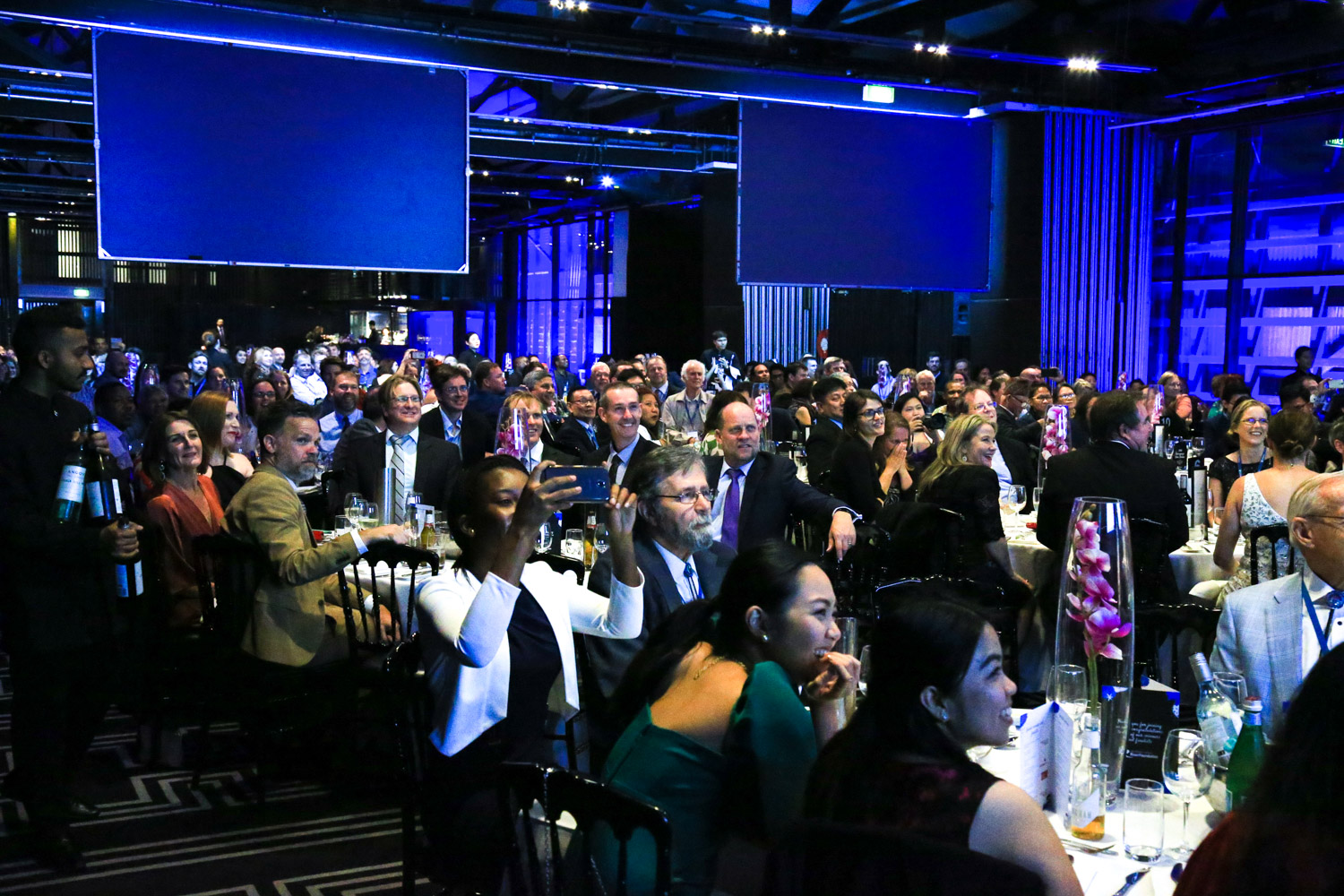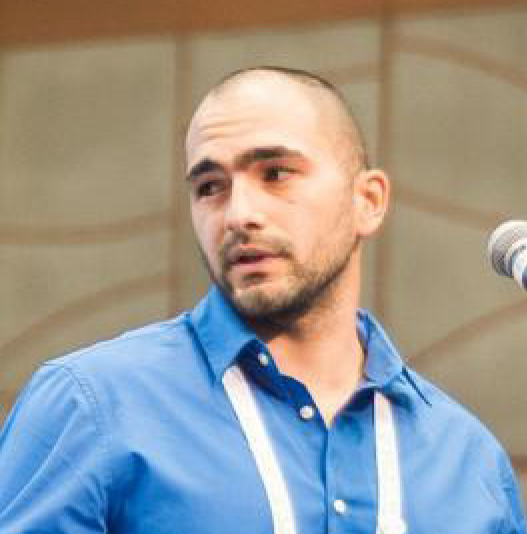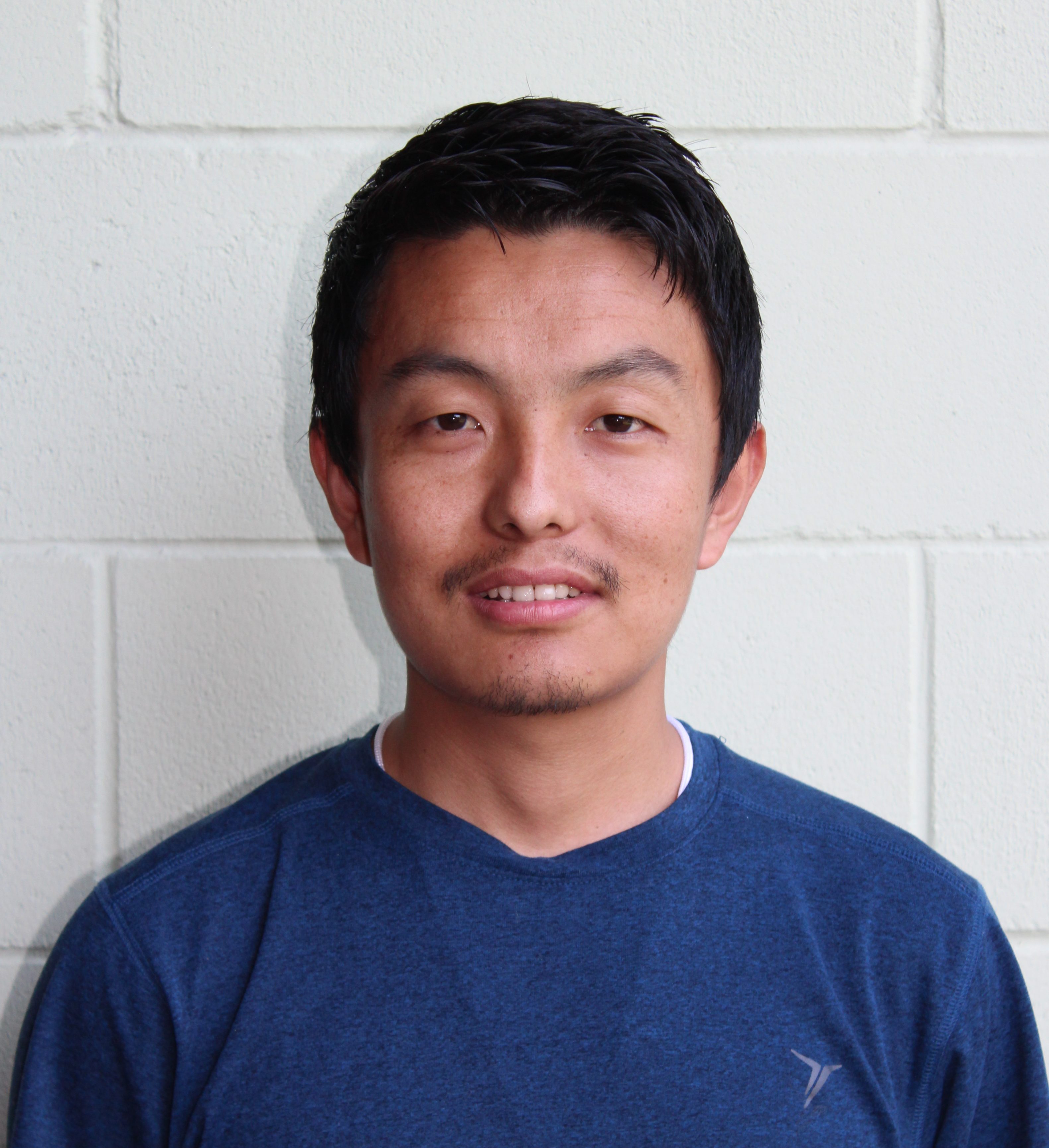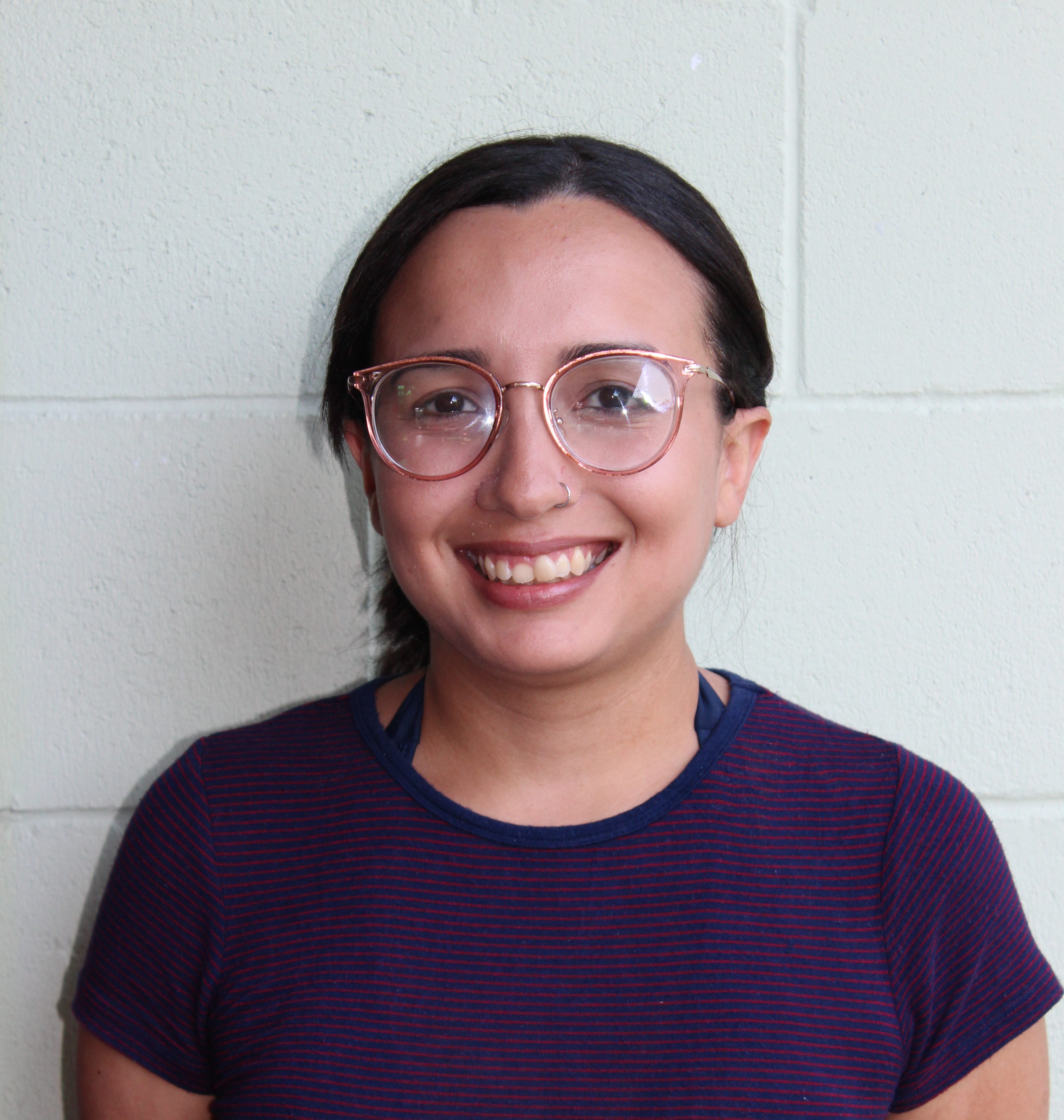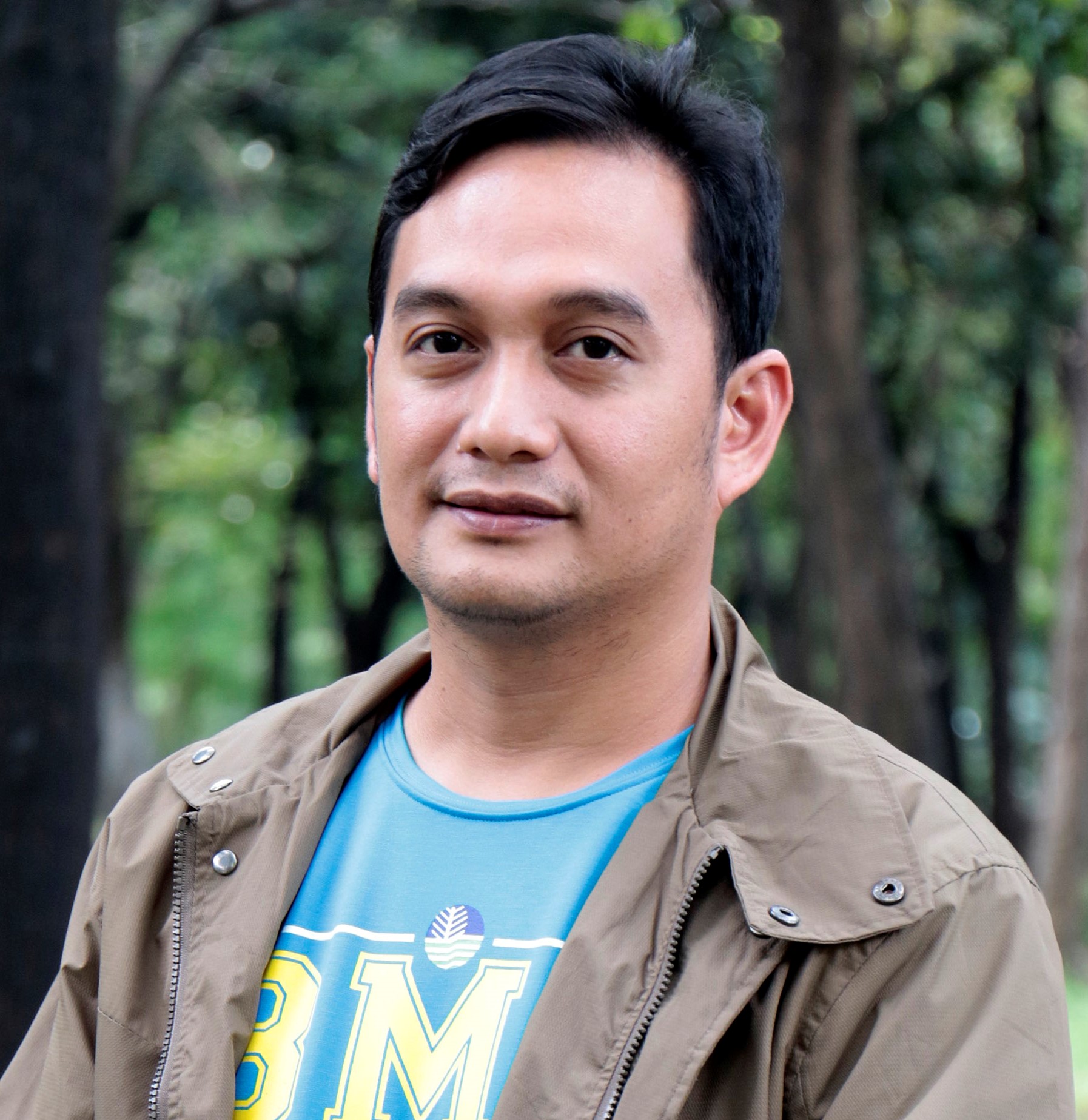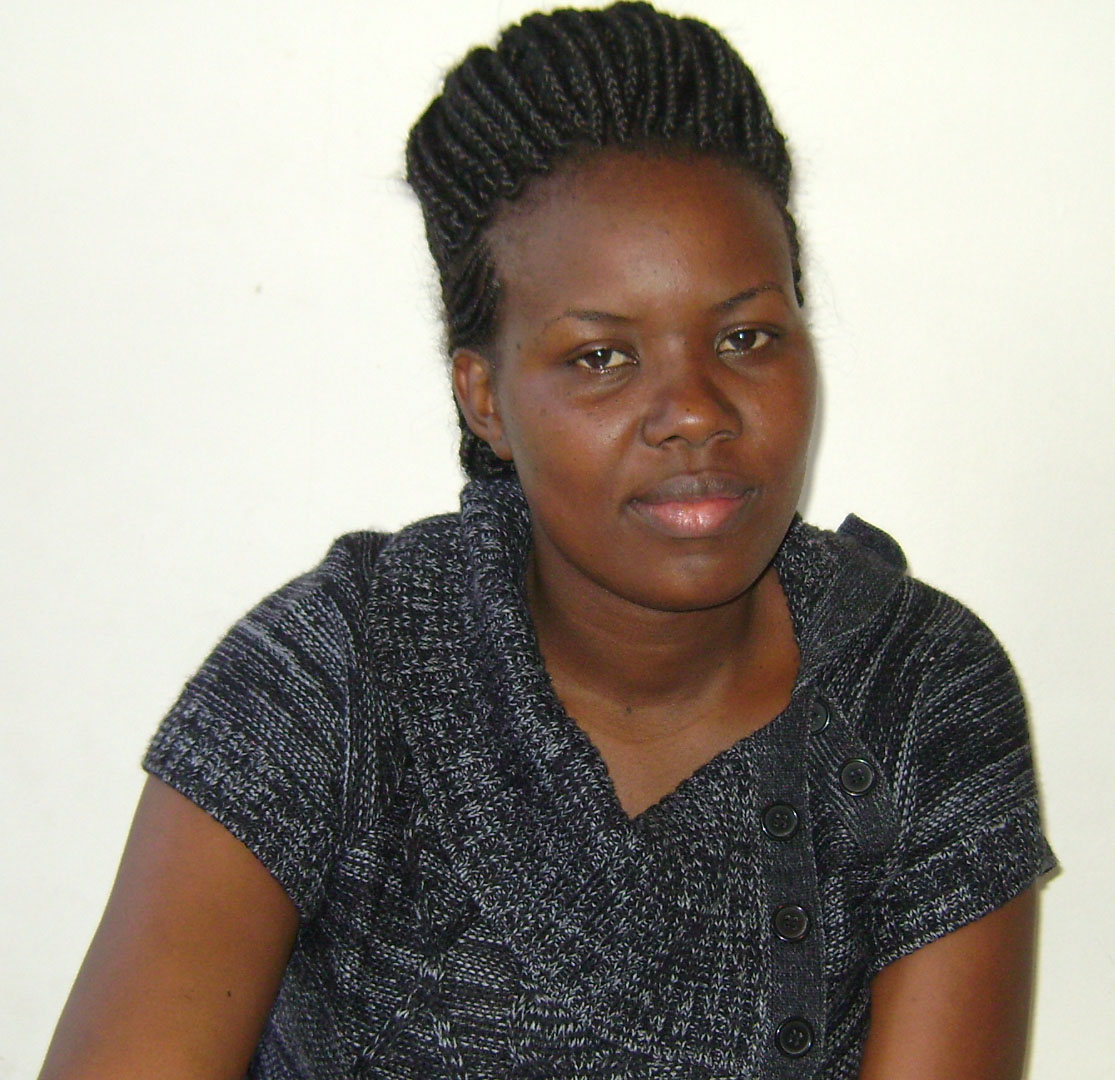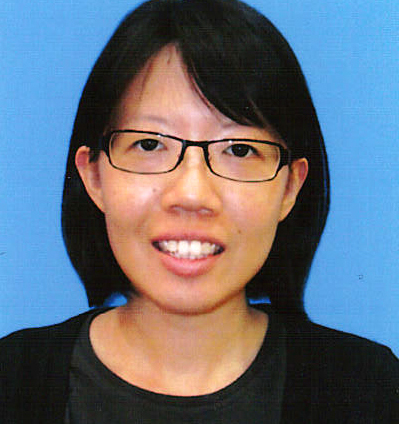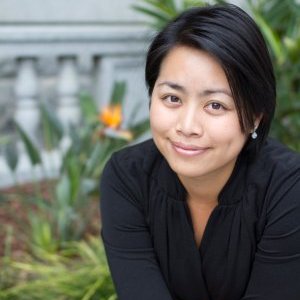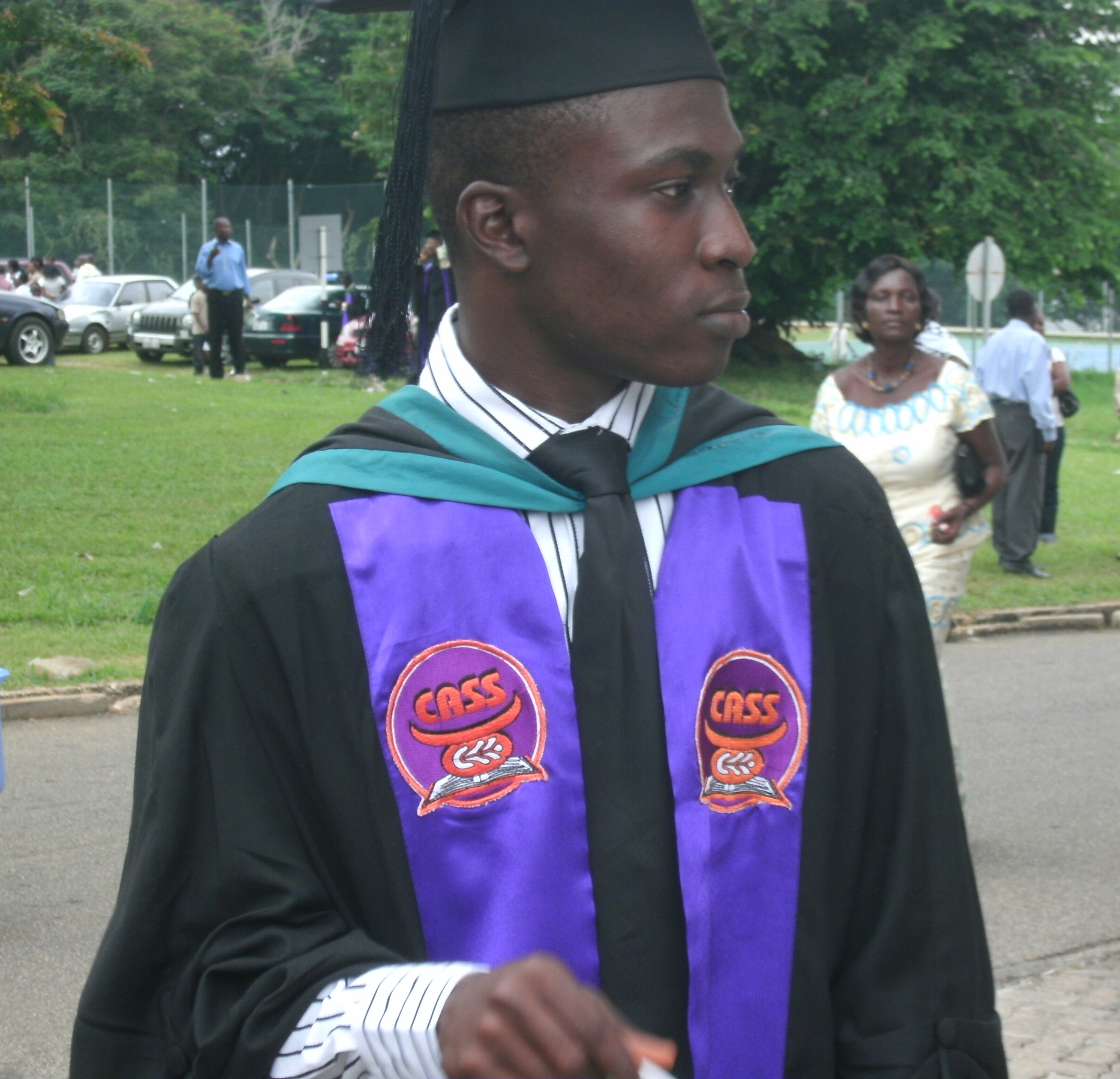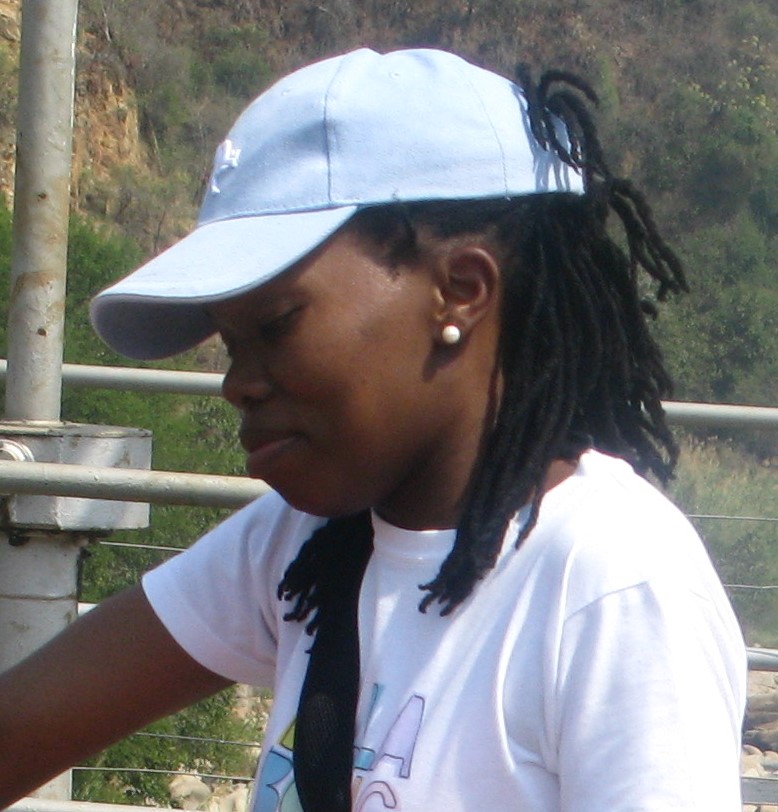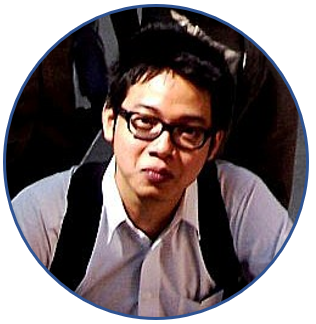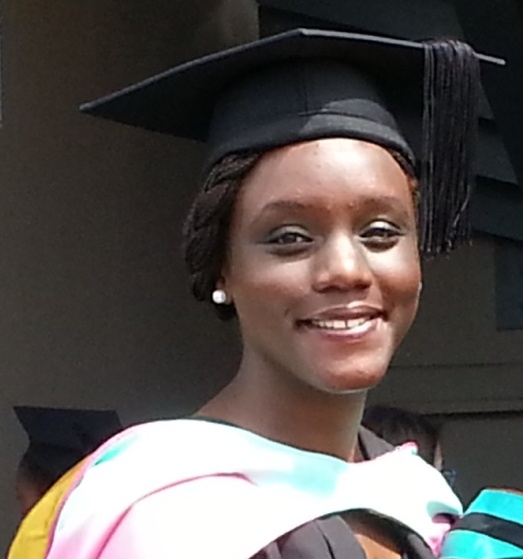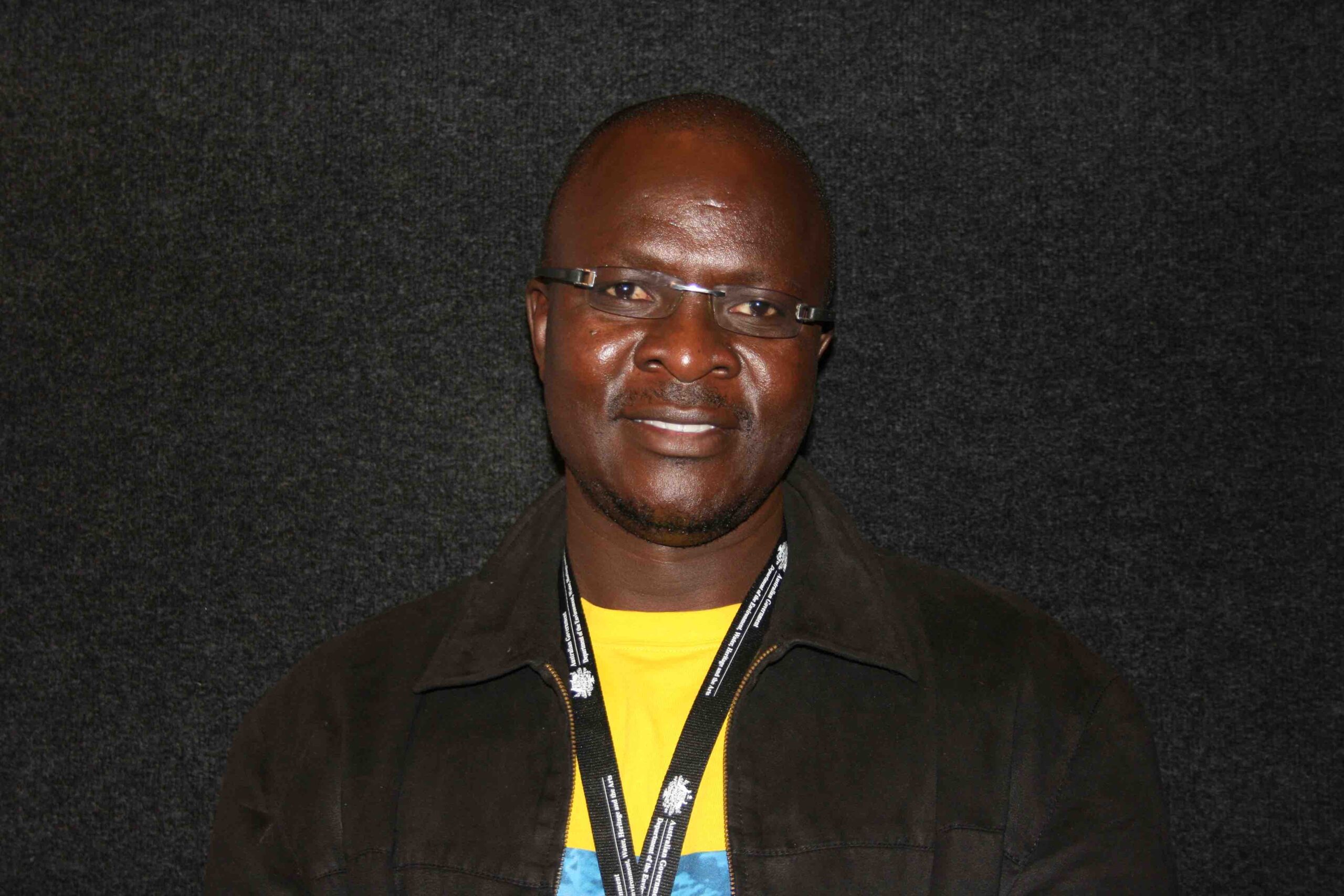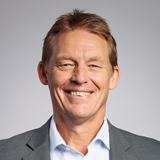José Fernández
Country of citizenship: Peru
Completed scholarship: Ongoing
Current role/s: Environmental Specialist, AQUAFONDO
I was born on the year 1989 in Peru and was raised in Lima city and had the chance to live a year and a half in New York city due to my mother’s job.
I obtained a degree on Forestry Engineering from Forestry Sciences Faculty of the National Agrarian University of La Molina, this program provided me with the necessary knowledge to develop a wide variety of interdisciplinary skills.
The last two years I have been living in Lima again and working as a environmental specialist for the Water Fund for Lima and Callao (AQUAFONDO). Here I developed social, environmental and political skills to bring together water related stakeholders in order to address and to take action on water related issues mainly on the upper part of the Rimac river basin.
My work experience can be resumed on geographic information skills by working on different GIS consultancy jobs, as well as skills working with environmental issues during consultancies for the elaboration of environmental permits. Also I’ve had the chance to work with local communities from the low land rainforest to the highest part of the Andes. The last years I’ve centered my work on ecological and water issues that are related to ecosystem services for water regulation.

